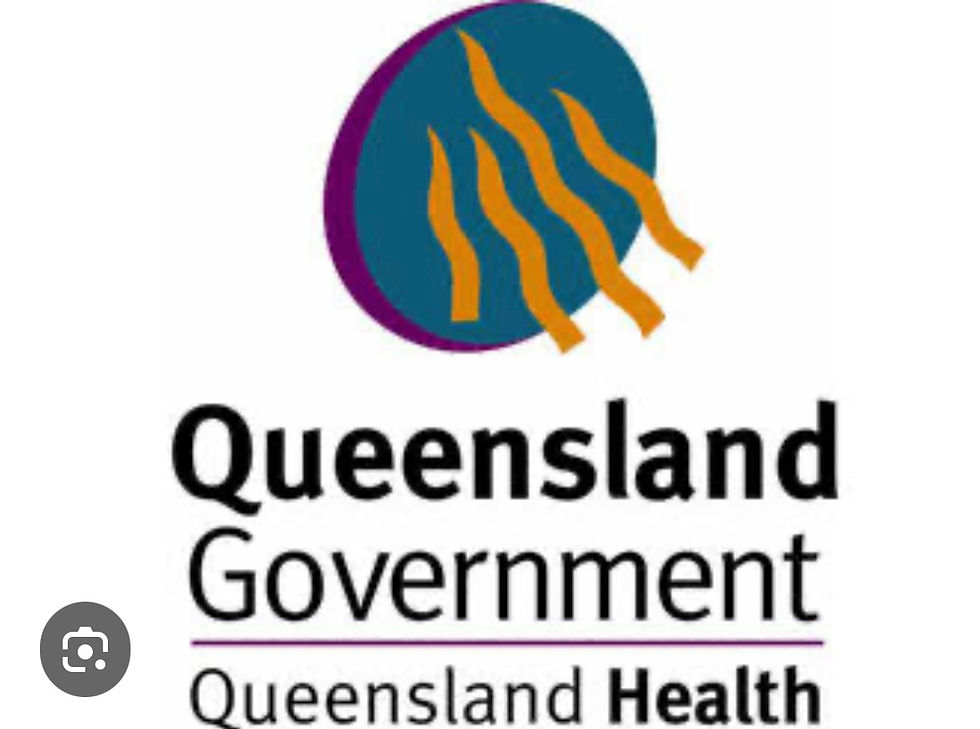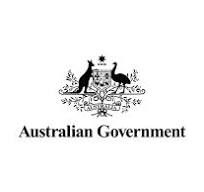Queensland Health
- agentorangechild
- May 7, 2025
- 3 min read
International Law Overrules Bureaucratic Delays — Ignorance Is No Longer an Option
7th May 2025
Dear Doctors, (Dr Lewis 7/05/2025 medical notes, & Snr Doctor 4 copies)
As medical professionals, you have an ethical and professional responsibility to uphold the health and rights of those affected by environmental harm. This includes recognizing the medical and social impacts of second-generation exposure to TCDD (Agent Orange)—a responsibility enshrined not only in your medical oath, but also in international law, including the Stockholm Convention on Persistent Organic Pollutants, to which Australia is a party.
Under the Stockholm Convention, Australia is legally obligated to eliminate or restrict the production and use of persistent organic pollutants (POPs), including TCDD, and to prevent harm from both direct and unintentional exposure. This includes taking preventative and remedial action for those already exposed—especially children—where harm is scientifically documented, as it is in my case. The Convention mandates the precautionary principle, meaning action must be taken even in the presence of scientific uncertainty. That principle has been ignored for decades.
I’ve had enough of the bureaucracy circling, passing the buck, and sidestepping responsibility.
International law overrides domestic bureaucracy, and gaps in the system that allow harm to continue are not only unethical—they are illegal.
Australia has already been warned. Multiple times.
The United Nations has issued six separate warnings to Australia regarding its failure to address the rights of children exposed to TCDD (Agent Orange), specifically under the Convention on the Rights of Persons with Disabilities (CRPD) and the Convention on the Rights of the Child (CRC):
April 2011 – CRPD: Urged Australia to take immediate steps to address the needs of the children of veterans exposed to toxic chemicals.
February 2016 – CRC: Formally recommended Australia recognize and support the children of Vietnam veterans exposed to Agent Orange.
March 2017 – CESCR: Reiterated the need to recognize health and disability impacts of Agent Orange exposure on subsequent generations.
July 2018 – UN Special Rapporteur: Highlighted Australia’s failure to provide support and recognition to second-generation victims.
April 2019 – Human Rights Committee: Expressed concern about discriminatory health policies that exclude second-generation victims
.
October 2020 – CERD: Urged Australia to address intergenerational impacts of Agent Orange exposure, particularly regarding health and disability rights.
But I’m not waiting anymore.
I am reminding you—and the world—that ignorance is not a defence.
The rights of children affected by toxic exposure cannot and will not be ignored. This is no longer about policy; it’s about human lives.
The Government’s Hypocrisy Is Clear
The Australian government has proven time and again that it can act decisively when it wants to.
In the Robodebt scandal, the government acknowledged unlawful conduct and paid over $1.8 billion in compensation after causing mass harm through automated debt collection that ignored due process and human rights.
In the Orica chemical contamination case, the government imposed a $100 million fine on a company for pollution and failure to disclose hazardous leaks.
Yet when it comes to its own responsibility for toxic exposure and the intergenerational harm caused by military and governmental policies, it continues to deny, delay, and deflect.
The Orica case involved contamination with hexachlorobenzene (HCB), a toxic byproduct related to the same chemical family as TCDD—yet TCDD (Agent Orange) is up to 50 times more toxic, making the government’s inaction even more indefensible given its swift penalties in the Orica case.
These double standards are indefensible.
If a corporation can be held accountable, so can a government.
Action Required
I respectfully request the following from you as my medical providers, in accordance with your professional oath to advocate for health, justice, and human rights, and in recognition of your obligations under international law:
Review my formal complaint regarding second-generation TCDD (Agent Orange) exposure and the systemic denial of proper care and recognition for affected individuals.
Support my claim by providing medical documentation and any relevant reports or referrals that connect my health conditions to TCDD exposure.
Advocate for policy change by contacting relevant government bodies and international organizations to call for immediate action and recognition of second-generation harm.
Provide a written response by 30 June 2025, detailing how you will support my advocacy efforts and any medical actions you intend to take to support my case.
Escalation Notice
Should I not receive a response by the date above, I will escalate this matter through international legal channels, including the International Criminal Court (ICC) and the International Court of Justice (ICJ), as part of my broader effort to seek justice for all affected children and families abandoned by the Australian government.
The time for silence is over.
Now is the time for action.
Warm Agent Orange Burns regards,
Danielle
We will always be a child of a Vietnam Veteran.




Comments